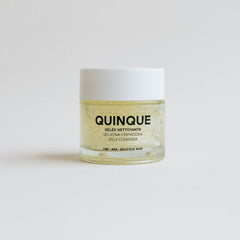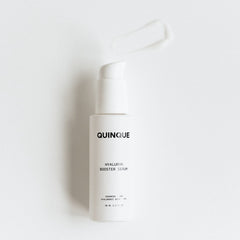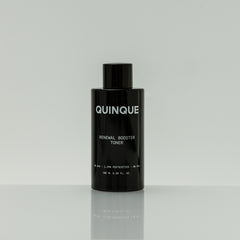You will never leave Formaje without knowing everything about the products you have chosen. And that, in our opinion, is something special. |
Who are you?
I was born in Valladolid, in 1992, into a large family, I am the elder sister of a family of seven children. My father is a photographer and my mother a teacher. I have always loved communication and image, which led me to move to Madrid to study audiovisual communication at the university. Then I moved to London, where I spent a little over a year. It was when I returned to Spain that my adventure with cheese began.
Can you tell us about your professional career so far? How did your relationship with cheese start?
On my return from London, a friend of my family suggested that I develop a project to sell artisan cheeses from all over Spain, which would see the light of day with the opening of a shop in Madrid. At that time, I had no idea of the value of artisanal cheese at all and had never worked with it, hadn't even tasted good cheese. But I started a training process that led me to spend a lot of time with producers in different cheese factories, to soak up the knowledge, the conversations and the processes. The philosophy of craftsmanship and the humanity behind the production processes made me fall in love. It was in 2014, and a few months later Adrián, my husband, also joined the project. In 2020, we decided to leave to launch Formaje and venture out on our own, creating a platform that would better define our interests in the artisan cheese sector and better reflect our vision and our way of understanding excellence. So, in May 2020, we opened Formaje with a headquarters in Plaza de Chamberí and a digital platform that allows us to bring cheese to homes across Spain.
We love formaje, how did it happen? What is the most important thing for you when it comes to offering cheese to formaje ?
We have a very clear manifesto that talks about why we consider a great cheese. For us, Formaje is a collection of cheeses produced according to artisanal practices that reflect good work, a commitment to the production environment and all the points that generate value in the production chain: we work with a product directly related to the farm, because the principle that allows us to speak of a good cheese begins with the feeding of the animals and the breeding methods that allow us to obtain a milk full of character and, picidad . This is why, for us, it is essential to work with farms that favor grazing or extensive methods, where animals can

feed on the vegetation available in the territory itself, which ultimately links the cheese to its origin. It is also important to keep intact all the manual processes that bring added value, as well as the good work of the cheese maker who directs the evolution of the cheese during its maturation, which will allow us to obtain a product of high gastronomic value. If the end product is not unmatched, it is not possible to speak of excellence during the process.
Our cheeses must be incredibly flavorful to reflect the good practices behind them. It's food, after all.
It might be a tough question, but what are the essential cheeses for a tasting board? (Apart from the tronchón, which we cannot do without).
Hahaha! The Tronchón is a classic, without a doubt. For me, the starting point is always the variety of textures: soft, hard and blue cheeses are for me the most basic and important division. From there you can start subcategorizing
as many as you want to make the board wider. I find it interesting to cover different origins and different milks, as these two parameters make big differences from the end result. As for the accompaniment of the cheese, the base: a good bread, a good wine, and to complete (it's very personal) for me, sweet and sour fruits (apple, grape, fig), nuts (walnuts) and maybe some jams.
But it depends on taste. For me, the main thing is that the table is well designed in terms of variety and that there is good bread and good wine to accompany it. The rest is complementary.
You've lived in Madrid for a few years now, what are your three favorite places?
El rastro (the an, gua district, around General Vara del Rey square), Toma Café or Acid Café (two of my favorite cafes), restaurants like H ermanas Arce for lunch or breakfast with friends or Angelita Madrid if it's evening and you want to drink good cocktails!
Your philosophy of life?
To be calm, to seek peace and to make my dreams come true. Being surrounded by the people I love and those who love me and being able to devote quality time to them.
What beauty products do you always have with you?
Dark circles and redness corrector, good moisturizer and cleansing soap: I can't go to bed with an unwashed face. Moisturizing and cleansing are my two goals for my skin. The rest is complementary.
What is the first beauty gesture you do when you wake up and the last before going to bed?
In the morning, I wash my face and apply a vinegar and lactic acid tonic that helps restore the skin's natural microbiome. I literally feel ac, going in the morning is a luxury. After that, a good moisturizer. For me, the face cream and also the eye cream are essential: I don't know why but under stressful conditions the area that suffers first on my skin is my eyelids, I notice this a lot. So I try to give them extra care.
What's in your bathroom?
The moisturizer Quinque and the vinegar and soap I told you about. Also a night serum that I apply in the evening after cleansing.

















